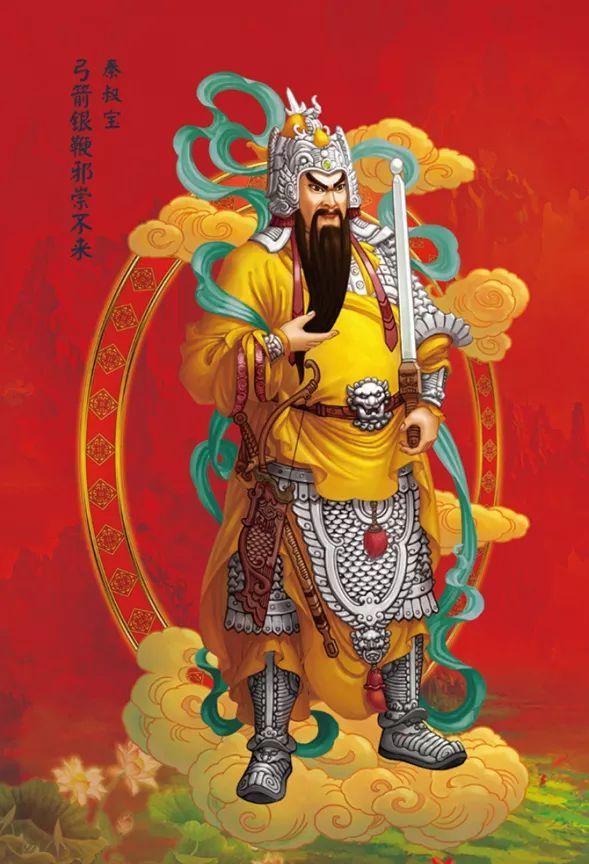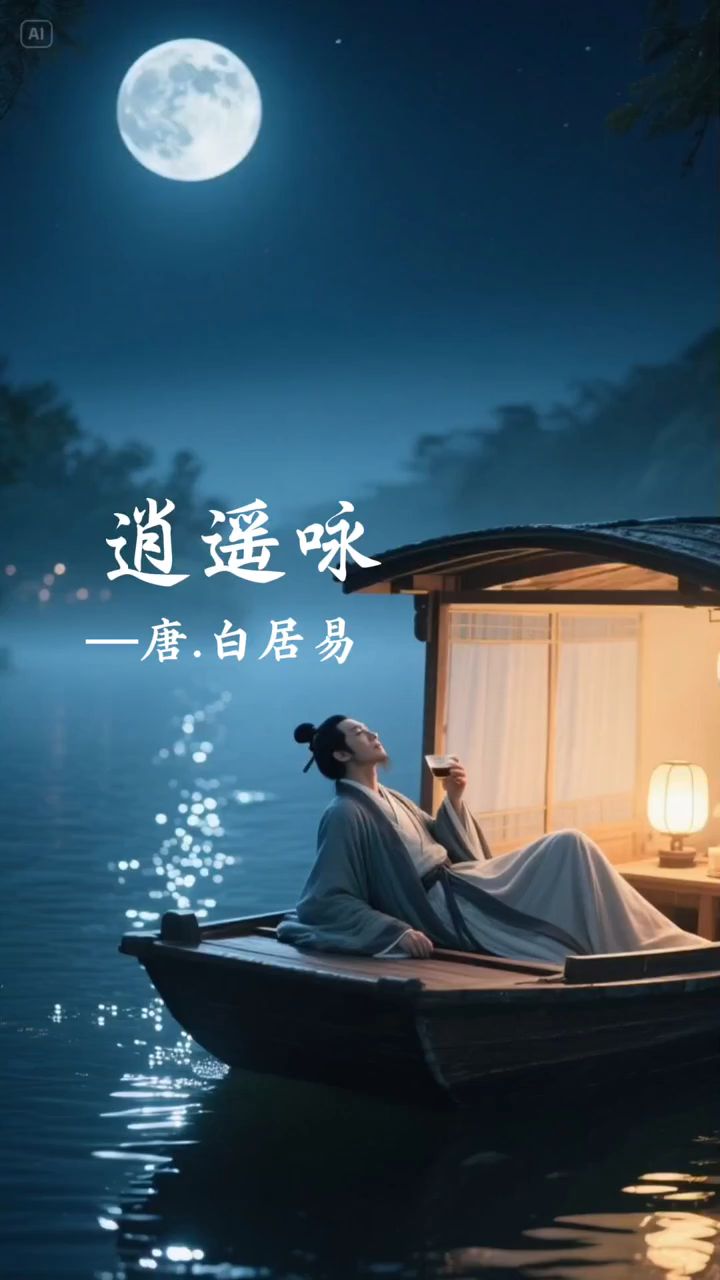Ming Wuzong Zhu Houzhao was the tenth emperor of the Ming Dynasty and the son of Ming Xiaozong Zhu Youzhu. He is as famous as his father, but not because he is diligent in politics and works hard to govern like his father. But it is known for its absurd and bizarre actions, as well as its arbitrary attitude. His personality and behavior are not the typical image of an emperor, but rather very mischievous, absurd, and behaving like an immature child. The evaluation of him in historical books has shown a polarized trend, with some books stating that he was talented, resolute, brave, and wise. According to historical records, he personally led troops to patrol the front line of the Great Wall, and even fought a decisive battle against the Mongolian prince Dayan Khan in present-day Yingzhou, Shanxi. Faced with the fierce cavalry of Mongolia, Zhu Houzhao remained calm and composed, skillfully and calmly controlling the overall situation, even killing one person in formation, ultimately achieving a great victory in Yingzhou. Next, the editor of the History Encyclopedia will bring you the truth about history. Let’s take a look together!

Some historical books also say that he was licentious, tyrannical, and a tyrannical ruler. Emperor Mingwu built leopard houses, trusted eunuchs, and indulged in debauchery all day long. In January of the ninth year of the Zhengde reign, the Qianqing Palace caught fire due to the hanging lanterns. Faced with the towering flames of the Qianqing Palace, Emperor Wuzong of Ming Dynasty joked and said that it was really a big display of fireworks, which shows his absurd and eccentric personality. It can be said that his whole life was like a bird trapped in a cage, longing for the world outside the palace.
On June 14th, the 14th year of the Zhengde reign, Prince Ning of Jiangxi, Zhu Chenhao, rebelled. However, thanks to Wang Yangming’s outstanding military talent at the time, the rebellion was quickly quelled. But by the time Zhu Houzhao convinced his courtiers to prepare for a personal expedition and arrived in Hebei, the rebellion had been quelled, but he could no longer stop Zhu Houzhao from letting his heart fly.
However, this absurd emperor did not know that by the time he returned to Beijing, he had already reached the end of his life. In September of the fifteenth year of the Zhengde reign, Zhu Houzhao was fishing in Qingjiangpu when he accidentally fell into the lake. Although he was rescued later, his health deteriorated due to shock and choking on water.

Emperor Mingwu passed away in March of the 16th year of the Zhengde reign in the Leopard House at the age of only 31. How could the death of Emperor Zhengde, who was only 31 years old at the time of his death, be directly caused by falling into a lake and being frightened, choking on a few sips of water? Ming Wuzong’s illness lasted less than five months, and last year he was able to jump the horse and whip. He personally led troops to suppress the rebels, and if there were any health problems, he would definitely not allow it. In addition, the conflicts between Emperor Mingwu and the cabinet ministers led to his death not just due to pneumonia.
There is a saying that due to the absurdity and debauchery of Emperor Wu of Ming Dynasty, he spent his days in the leopard house for pleasure. The ministers led by Yang Tinghe around him earnestly advised, and Emperor Wuzong of Ming Dynasty did not tire of it. He began to trust Liu Jin, Jiang Bin, and others to suppress the civil servant group led by Yang Tinghe. Such behavior caused great dissatisfaction among the civil servant group led by Yang Tinghe. So Yang Tinghe used his power to buy the doctors next to Ming Wuzong, which gradually worsened his condition and ultimately led to his death. There are even claims that after Yang Tinghe poisoned Ming Wuzong, he destroyed things related to Ming Wuzong, such as the Leopard House, with the intention of improving the image of the Ming dynasty monarch.
Specifically, Emperor Wuzong of Ming Dynasty did not leave any children behind due to his year-round sightseeing and not being in the palace. So, the sudden death of Emperor Wuzong of Ming Dynasty enabled the civil servant group to regain its dominant position in the court. Due to the Ming Dynasty’s emphasis on martial arts, the generals in the court were suppressing the civil servant group at this time. So, the biggest beneficiary of the death of Emperor Wu of Ming Dynasty was the civil servant group represented by Yang Tinghe. However, this statement also has significant flaws, such as high cost and low feasibility. In ancient times, regicide was a heinous crime of annihilating nine tribes. Without a substantial reward, it was often not easy for anyone to do so. Moreover, Yang Tinghe was a teacher personally selected by Emperor Xiaozong of the Ming Dynasty to assist Zhu Houzhao, and their relationship has always been good. This shows that there are indeed some doubts about Yang Tinghe’s murder claim.
Another theory is that Emperor Wuzong of Ming Dynasty died of a disease, and the source of this disease happened to be related to the incident of falling into the water in Qingjiangpu. The official statement is that he died of lung disease because he fell into the water and choked on a few sips of water in his lungs, causing inflammation and death. But now through the search for historical materials, it can be seen that the death of Emperor Wu of Ming Dynasty was not directly caused by the drowning incident, but by an existing disease.
Ming Wuzong’s health has always been poor, and due to severe fright caused by falling into the water, there is a high possibility of his old illness recurring. From historical records, it can be seen that during the reign of his father Ming Xiaozong, Ming Wuzong’s health was always poor, especially during winter when he was extremely susceptible to catching cold and getting sick. In the “Annals of Emperor Wu of Ming Dynasty”, there are numerous records of Emperor Wu of Ming taking medicine when he fell ill.
So, when faced with the claim that Yang Tinghe murdered Ming Wuzong, this claim is relatively credible. However, some people may suspect that Ming Wuzong often mounted horses to fight, patrolled the border, and even fought with tigers in leopard houses throughout his life. He did not appear to be a sick person and often recorded that Wuzong was full of energy, so his health was definitely not bad. However, it should be said that Emperor Mingwu was a strong willed person. Specifically, even if his body was uncomfortable, he would force himself to participate in activities and things he loved, and would not give up his ideas just because of a minor illness. When this disease does not occur, it does not affect daily life, but once it occurs, the illness becomes overwhelming.
Overall, Emperor Wuzong of Ming Dynasty was a unique and independent emperor due to his distinctive personality. He may not be suitable to be an emperor, he may be more suitable to be a ranger or a general. He doesn’t want to stay in the dull Forbidden City, but longs for the colorful life outside the Forbidden City. His unrestrained and absurd behavior is a release of emotions. But these actions are precisely not what an emperor should do, which has caused many conflicts between himself and the ministers in the court.
As a result, the civil service group had some grievances against this emperor in his daily life, and it was precisely because these usually upright ministers could not understand his feelings and behavior that led to the Qing Dynasty’s compilation of the “History of Ming”, which extremely slandered Zhu Houzhao and even attributed his death to the murder of high-ranking officials.
This poor emperor has been in poor health since childhood, but this cannot stop his infinite love for the iron horse and gold spear’s battlefield and unrestrained life. However, the fall of Qingjiangpu triggered a potential illness in his body, ultimately taking the life of Ming Wuzong, who was only 31 years old. This was just a symptomatic accident.


